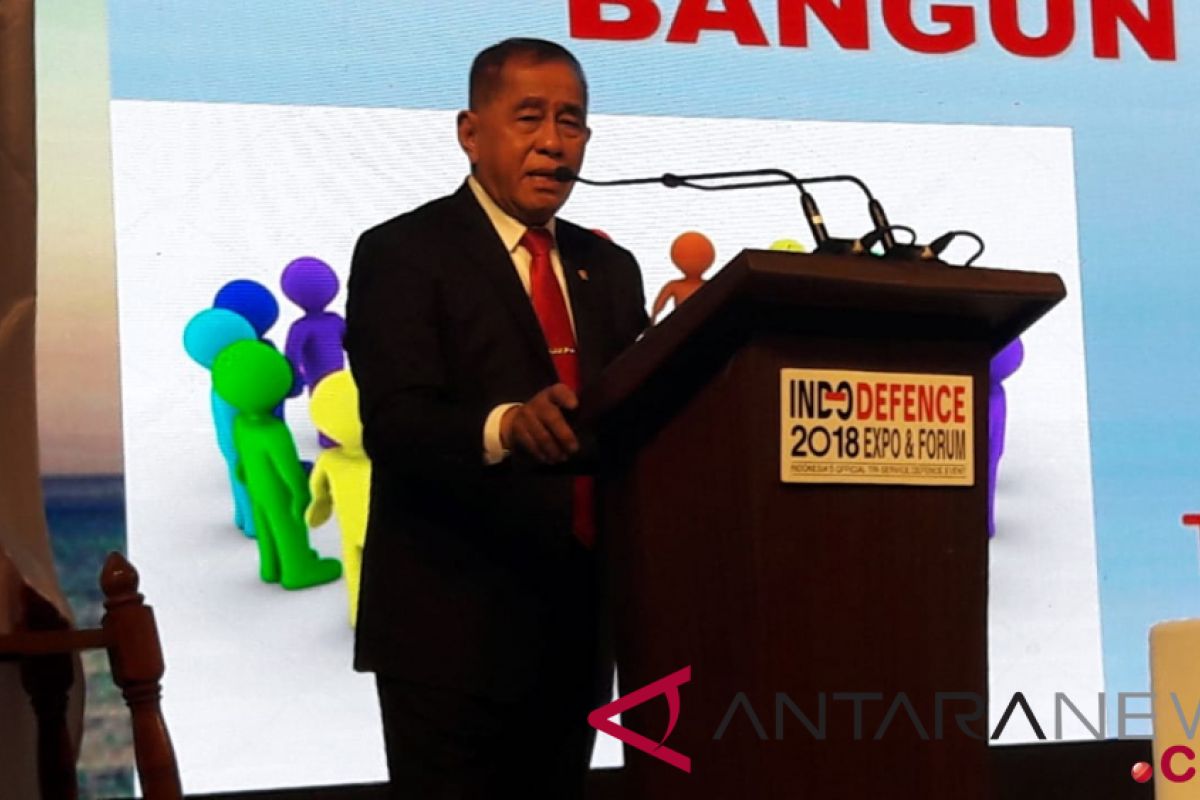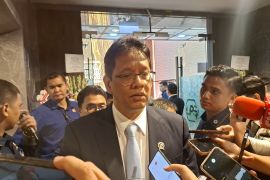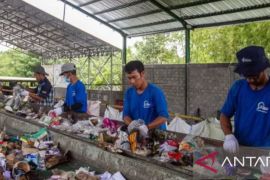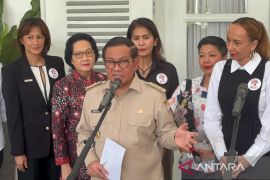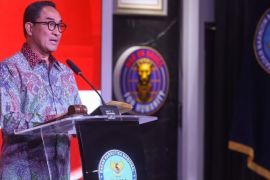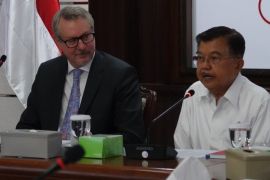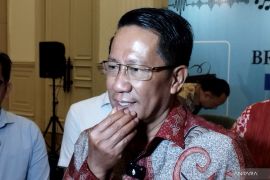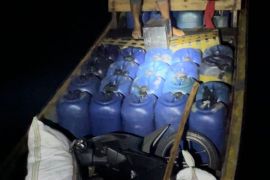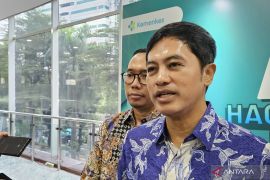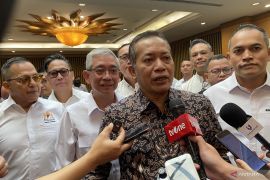"All elements of the society within a nation must be involved in counter-terrorism measures. We should work with the people because the number of army personnel is only around two percent (of the population)," he stated here on Thursday.
Speaking to journalists on the sidelines of a seminar titled "Ensuring Regional Stability Through Cooperation on Counter Terrorism," held as part of the 2018 Indo Defense and Forum, he noted that countries also need a multilateral cooperation in the war on terror.
Meanwhile, Defense Minister of the Philippines, Delfin Negrillo Lorenzana, underlined the importance of having an effective way in dealing with the piracy in Sulu Sea.
The trilateral air patrol that the Philippines, Indonesia, and Malaysia carried out last year had helped reduce the piracy-related crimes or abductions in the sea, he remarked, adding that countering the transnational crimes, including terrorism, was a common need.
However, the main challenge in addressing the threats of terrorism in Sulu Sea is related to the need of big powers. The Philippines and Indonesia also need to build trust between them to support a demand for information sharing in "Our Eyes" framework.
In dealing with the maritime security challenges in Sulu Sea, he revealed that the Philippines Government respects the United Nations Convention on the Law of the Sea (UNCLOS), Lorenzana explained.
Regarding the trilateral agreement on immediate measures to address security issues in the maritime areas of common concern among Indonesia, Malaysia, and the Philippines, the three countries` foreign ministers of chiefs of defense forces had signed a joint declaration in Yogyakarta on May 5, 2016.
They agreed to conduct patrol among the three countries using existing mechanisms as a modality, and to render immediate assistance for the safety of people and ships in distress within the maritime areas of common concern.
They also agreed to establish a national focal point among the three countries to facilitate timely sharing of information and intelligence as well as coordination in the event of emergency and security threats; and to establish a hotline of communication among the three countries to better facilitate coordination during emergency situations and security threats.
Then, as revealed in the Indonesian Foreign Ministry`s official website, they instructed the relevant agencies of the three countries to meet as soon as possible and subsequently convene on a regular basis to implement and periodically review the above-mentioned measures and also to formulate the Standard Operating Procedure.
Reporting by Syaiful Hakim
Editing by Rahmad Nasution, Yoseph Hariyadi
Reporter: antara
Editor: Heru Purwanto
Copyright © ANTARA 2018
